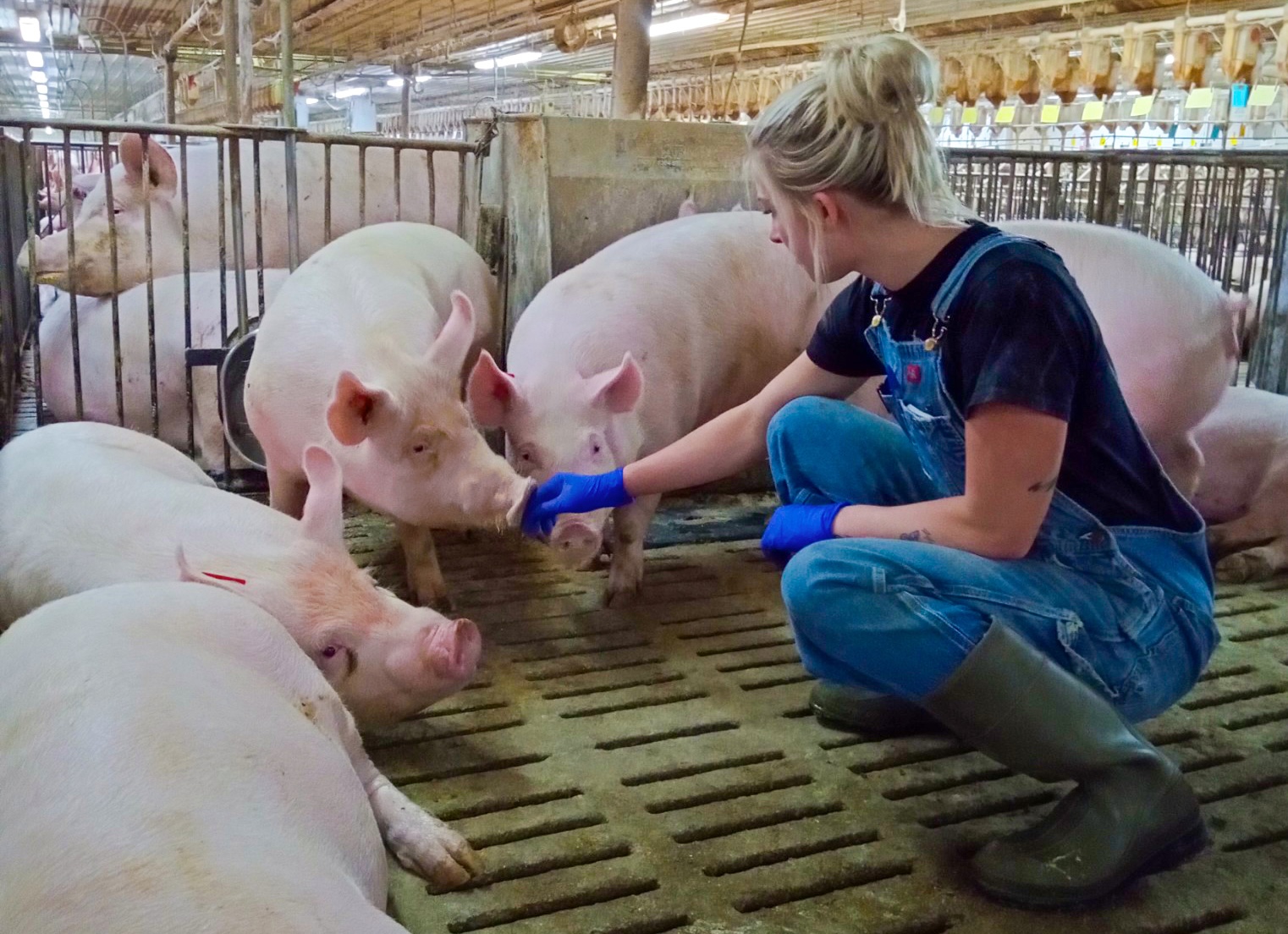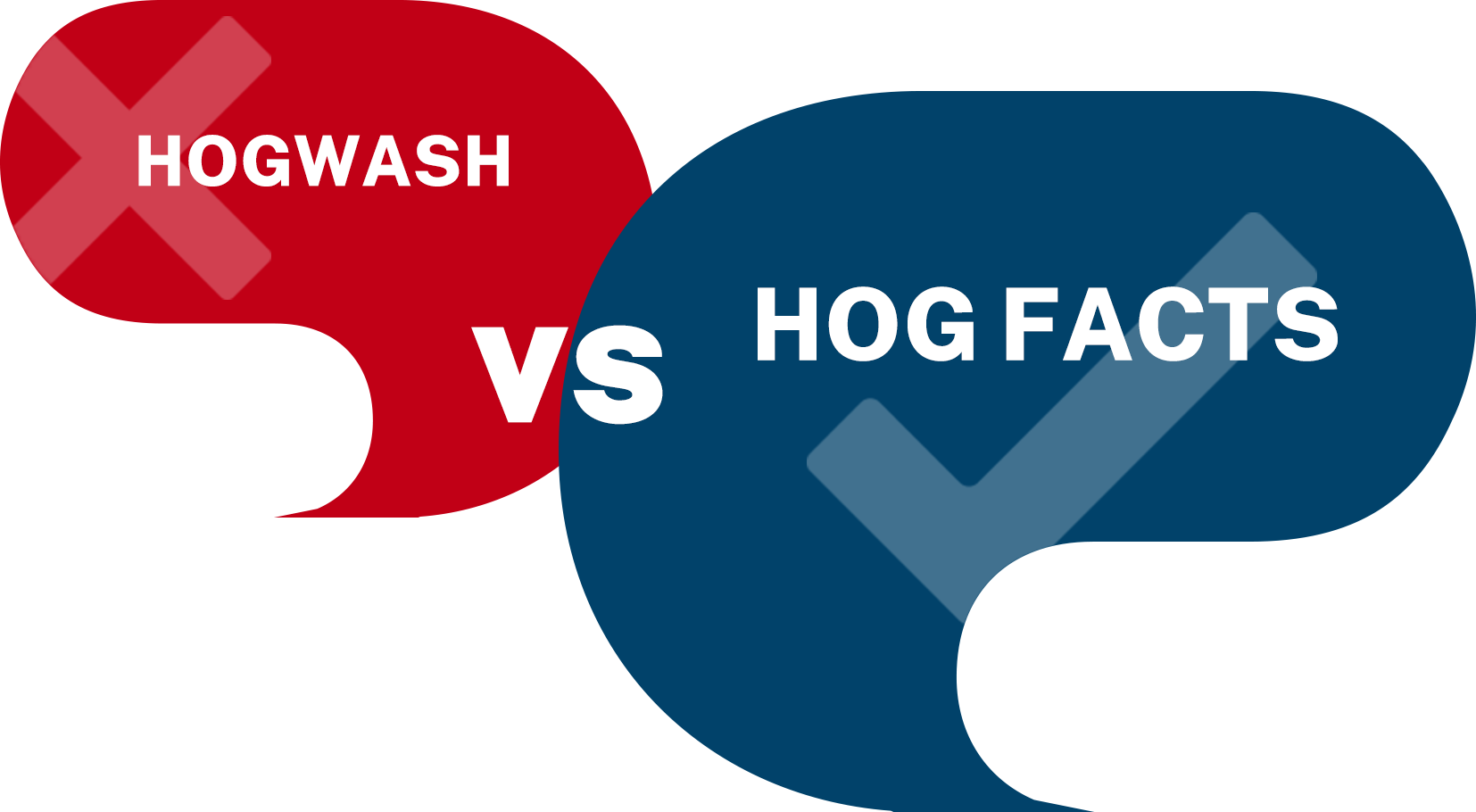
Loading...

Loading...

California Prop 12 opens a Pandora's box of state regulatory overreach that threatens family farms across the country. This overregulation hurts farmers, increases costs for consumers, and compromises our nation's food security.


The Supreme Court was clear: Congress must act to stop Prop 12.
Prop 12 pushes small family farms out of business in favor of big, multinational companies.
Prop 12 is a food security risk disrupting national supply chains.
Prop 12 will lead to higher prices and pork shortages for consumers.
Contact your representatives today and tell them to defend family farms in your state from extreme California overregulation.